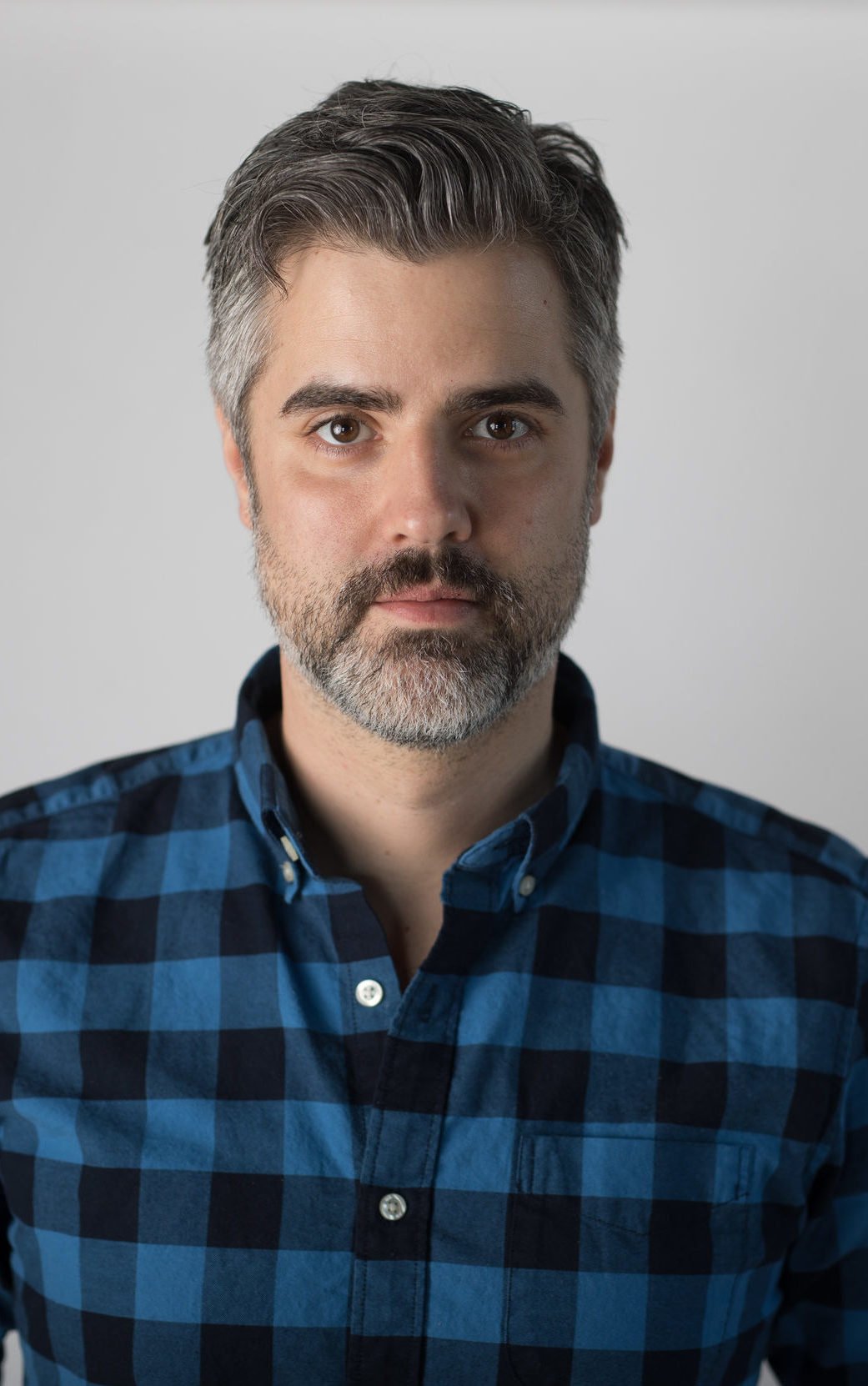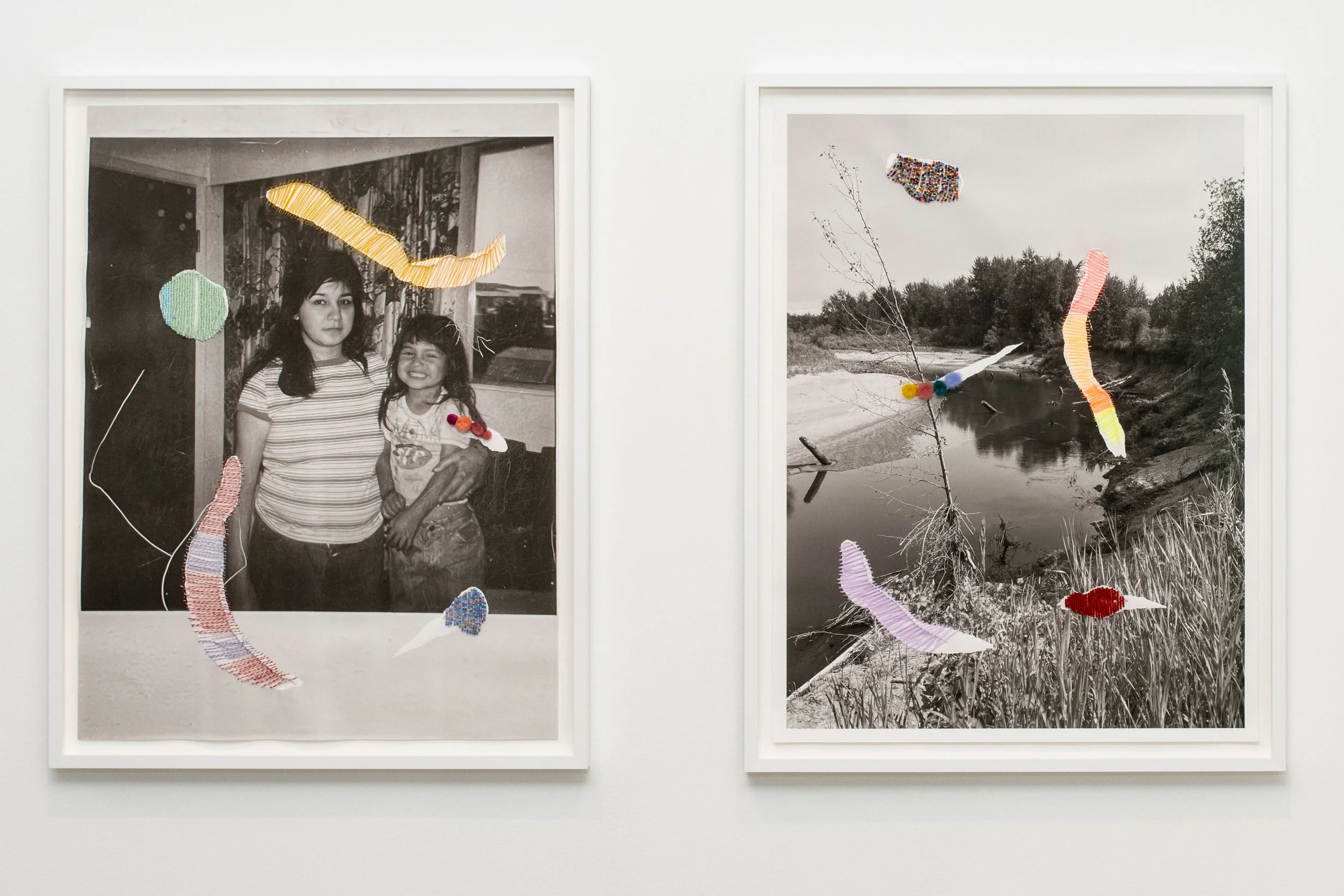Vancouver Cherry Blossom Festival 2022 celebrates a grand re-emergence of blooms—and of the city itself
As we come out of the pandemic, the fest’s new executive director sees the event as an opportunity to reflect on what’s most important to us
Burnaby Akebono, Madison Centre (Rosser/Madison). Photo by UBC Botanical Garden Forums Blog for Burnaby via Vancouver Cherry Blossom Festival.
Vancouver Cherry Blossom Festival runs from April 1 to 23 at various venues
FROM FLUFFY WHITE to deep, passionate pink—look all around you as you make your way through the city these days, and there they are, the star of spring: thousands upon thousands of cherry trees in resplendent bloom. Vancouver Cherry Blossom Festival is a chance to appreciate and celebrate the flowers through the arts, with this year’s program including photography, origami, calligraphy, dance, music, taiko drumming, and more.
For the annual event’s new executive director, Michael Dove, it’s also an opportunity to connect with things that came into sharper focus for a lot of us over the course of the pandemic: our relationship to nature and the people around us.
Dove is relatively new to Vancouver, having grown up in the U.S. and spent much of his career in Washington, DC, where he was founding artistic director of Forum Theatre, producing more than 60 theatre, dance, and performance art productions, and where he acted as artistic director of the city-wide Samuel Beckett Centenary Festival. The coproducer of the Digital Eye festival in collaboration with the Goethe Institut and various European embassies in DC, Dove is a regular attendee of the TESZT Euroregional Theatre Festival in Timișoara, Romania, reporting for the Center for International Theatre Development. He is an avid backpacker and a member of the Artist Brigade, a Canadian creative collective focused on bringing arts and artists to the forefront of climate action.
“One of the positives of the last couple of years is people have had to go ‘What is available to me? What types of experiences are meaningful to me?’ And so many people have turned to nature,” Dove says in a phone interview with Stir. “What do we have that we may have taken for granted in our backyard? In the short term, in many ways the festival is an invitation to continue that conversation with nature, with your family, with people around you to say ‘We have this incredible city and incredible access to so many different types of natural elements; let’s use this pretty spectacular natural phenomenon of these blossoms not only as an excuse to get out but…as valuable moment to reflect on what is fleeting and what is important to us.’ Then looking toward the future, I hope we can lean into that: how can we deepen our relationship with the environment, create an awareness of what our part is to play in preserving this spectacular nature? What lessons can we learn from nature and the environment, and how can we use it to better ourselves and better our relationship with other people?
“When I heard that the festival was wanting to bring in a new executive director, I got in touch because I felt like it aligned with certainly my background as an arts programmer and producer, but also what we are experiencing coming out of COVID: What are my priorities and what do I want to invest time in?,” Dove adds. “I still wanted to produce and create events, but in some ways I didn’t necessarily need it to be theatre any more, as long as it was about feeding people’s curiosity. And the fest also gets people thinking about climate awareness and what the arts’ role is in creating that awareness, so it felt very aligned.”
The Vancouver Cherry Blossom Festival was founded in 2005 by Linda Poole, its artistic creative director. As in the past, there are a few anchor events as part of this year’s fest, while there is also a deeper collaboration with and involvement of the festival’s three host nations: xʷməθkwəy̓əm (Musqueam), Skwxwú7mesh (Squamish), and Səl̓ílwətaʔ/Selilwitulh (Tsleil-Waututh).
Michael Dove.
The 2022 festival kicks off with the return of The Big Picnic in David Lam Park—home to 100 Akebono cherry trees—on April 2 from 10 am to 4 pm. The event honours the late David Lam’s donation of cherry trees and celebrates friendship, underlining the festival’s mantra, drawn from a beloved Issa haiku: “there is no stranger under the cherry tree”. A special tree dedication ceremony will take place featuring representatives from the Musqueam, Squamish, and Tsleil-Waututh Nations as well as members of the Japanese Consulate. “What does it actually mean to plant a tree on this land?” Dove says. “This is a chance for meaningful exploration from our standpoint, to understand the historical context of this land and the lands hosting the festival. It’s important for us to be doing that same exploration, and we are stepping into this with humility and we want to find relationships to help us with that.”
The full-day celebration also highlights the 2021 Winning Haiku with a new Haiku Installation. The project connects the poems to cherry trees through commissions by artists including Xwalactun, a member of the Squamish Nation and artist Order of British Columbia recipient; Tsleil-Waututh Nation member Ocean Hyland, who works in painting and digital design and who is interested in the revitalization of Coast Salish languages; and Erva-Jean Sparrow, an emerging Musqueam artist who has earned multiple scholarships from the Emily Carr First Nations Program for Youth. Following its display at David Lam Park, the installation will move to VanDusen Botanical Garden.
Other highlights of the Big Picnic include the Blossom Bento, created by M Sushi Private Catering (now available for pre-order); food trucks and a coffee cart; interactive arts activities and workshops; performances (including some by members of Cirque du Soleil); a yoga class; and live music by diverse local artists on the Cherry Jam Stage; and more.
A new event takes place the day before, with Steps for Sakura happening April 1 from 12 to 1 pm at Lot 19. With the yearly arrival of cherry blossoms holding spiritual meaning to various cultures around the world, the free gathering offers a performance by Vancouver Okinawa Taiko, readings of winning poems from the Haiku Invitational contest, and mindfulness-based movement by Gabby Villasenor, founder of Fuelled By Feeling. The event also launches the fest’s new Mobile Maps, giving people access to a “personal Cherry Compass” to find sakura blossoms all across the region.
Sakura Days Japan Fair, in partnership with the volunteer-run Japan Fair Association of Vancouver, is a signature happening taking place April 9 and 10 at VanDusen Botanical Garden. This massive event celebrates all things Japan, with song, dance, music, taiko drumming, theatre, woodworking demonstrations, vendors (from sake to shiatsu), a renewed Japanese Garden display, a traditional tea ceremony, and other offerings.
Vancouver Okinawa Taiko.
The Haiku Invitational runs until June 1, with submissions being accepted in six categories: Vancouver, BC, Canada, the United States, International, and Youth (age 17 and under). On April 11, Michael Dylan Welch, founder of National Haiku Writing Month and cofounder of the American Haiku Archives and the Haiku North America conference, leads a Haiku Online Workshop (from 6 to 8 pm).
Then there are Tree Talks and Walks, whether do-it-yourself or virtual. (Guided, in-person walks are full.)
“It’s a real mix,” Dove says. “There’s so much happening. It’s just a big celebration, and part of that is getting back to festivals. It’s a re-emergence of spring and blossoms but it’s also a reflection on how the city is re-emerging—not saying the pandemic is over, but we’re coming back to a new reality.” For the next little while at least, that new reality is all shades of pink and white and awfully pretty.
More information is at Vancouver Cherry Blossom Festival.
















